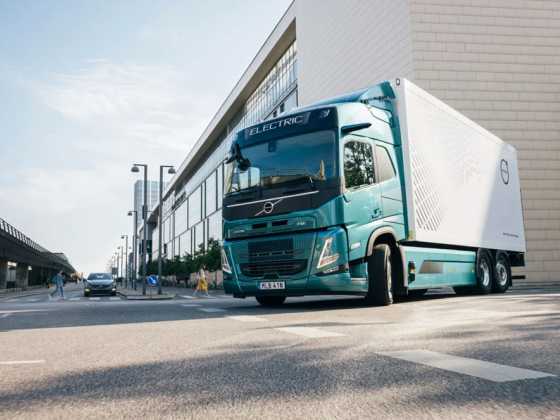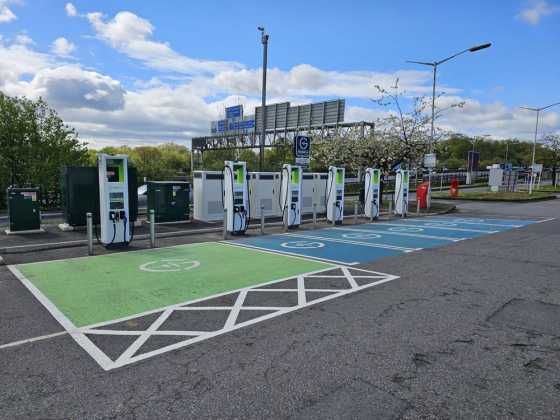Wirelessly connected vehicles trialled on UK roads
Highway England is set to invest £150 million on harnessing new technology, including orchestrating the trial of wirelessly connected and driverless cars on UK roads.
In its Innovation Strategy, the group has set out its wide-ranging plan to keep pace with advances in technology, bringing benefits to road users up and down the country as well as unlocking economic growth.
A connected corridor or ‘wi-fi road’ will be created to enable wireless cars and infrastructure to be connected and allow drivers to receive news of advanced road closures or congestion warnings. The project will also involve testing radar technology on motorways and in tunnels to improve the way breakdowns are detected.
The strategy follows Chancellor George Osborne’s announcement in the March 2016 Budget that driverless cars will be piloted on motorways by the end of 2017.
Roads Minister Andrew Jones said: “Innovation is absolutely critical to our £15 billion investment plan for roads. A more reliable road network is good news for motorists and good news for the economy. Quicker, safer roads will improve access to jobs and opportunities. Placing Britain at the forefront of innovation and research in this area will also create more jobs and investment.”
Jim O’Sullivan, Highways England chief executive, said: “We’re committed to using innovation to benefit the millions of journeys made on England’s Strategic Road Network today and in the future. We will work with our partners in the supply chain, technology specialists and the automotive industry to trial new technologies that will help make journeys on our roads safer, more reliable and better informed.
“This will involve supporting trials of better connected and autonomous vehicles on our motorways by the end of next year, testing radar technology to better detect breakdowns, and trialling fuel price signs on the M5 between Bristol and Exeter.”
The strategy means highways in England will trial radar technology on motorways and acoustic technology at the Hindhead Tunnel in Surrey to improve breakdown detection; join a trial that would see information sent wirelessly to specially adapted vehicles on the A2/M2 between London and Kent; ensure that trials are being undertaken for autonomous vehicles on motorways by the end of next year, to start to collect real world data on performance and potential impacts on capacity and operations; and look at improving the signalling of junctions on motorways to increase traffic flows. This would involve adapting timing of the signals at junctions depending on the time of day and use.
The project also aims to investigate the use of sensors that could provide better information about the condition of roads, bridges and tunnels on the network. In the future this could allow for more targeted maintenance programmes and save money over the lifetime of the road surface or structure. It will explore the creation of a Test and Innovation Centre to pioneer new research; develop the use of ‘expressways’ on A-roads to encourage more free-flowing traffic by having modernised junctions; provide emergency refuge; and maintenance areas and use advanced technology to provide journey information.



